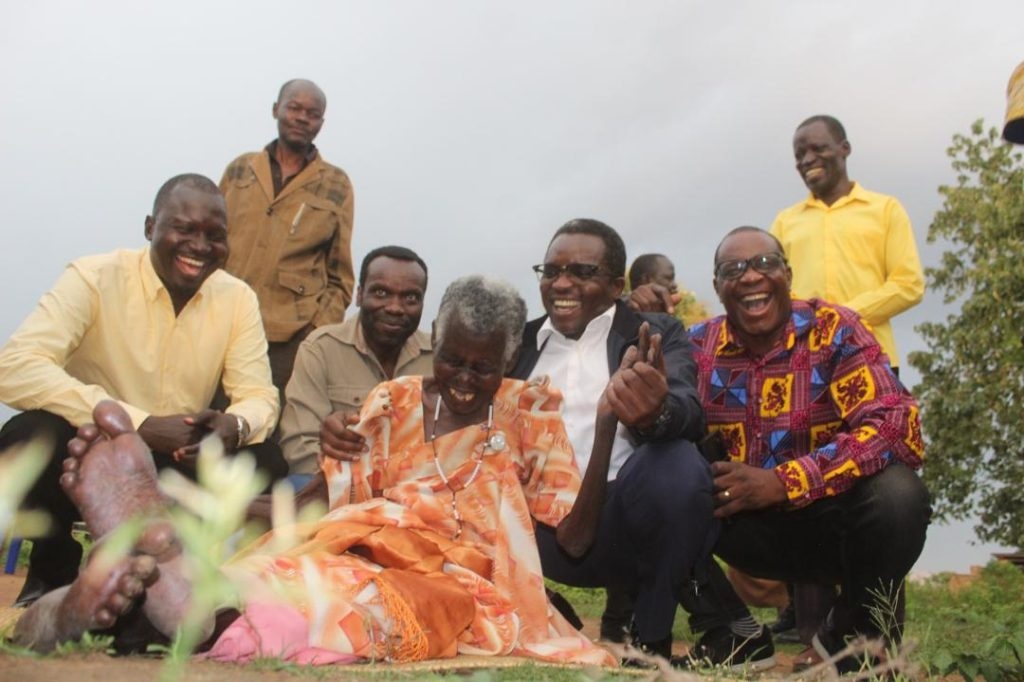By Steven Enatu
In a powerful and emotional address, the State Minister for Northern Uganda, Dr. Kenneth Omona, has urged the people of Teso to embrace and document their political history, no matter how painful. Speaking during a courtesy visit to the home of 84-year-old Amojong Angelina Aero in Ojingai Cell, Arapai Ward, Soroti City West, Minister Omona emphasized the importance of preserving the memories and stories of those who played significant roles in the region’s tumultuous past.
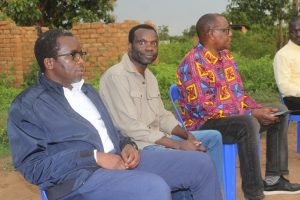
Amojong Angelina Aero is the mother of Francis Hitler Eregu, a former influential rebel leader of the Uganda People’s Army (UPA). The UPA fought against the National Resistance Army (NRA) in the late 1980s and early 1990s, a period marked by intense conflict and suffering for the people of Teso. Eregu’s family, in particular, faced severe persecution, with their home repeatedly targeted by the NRA, resulting in destruction, arrests, and the eventual disappearance of Eregu himself.
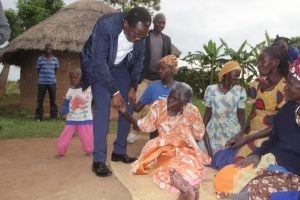
During the visit, Minister Omona recounted how his own brother, the leader of the Kaberamaido Kyoga Brigade, had fought alongside Eregu during this period. He spoke candidly about the brutality faced by civilians in Teso at the hands of the NRA, which eventually led to widespread rebellion in the region. “My brother and Hitler Eregu were part of the resistance that sought to defend our people from the excesses of the NRA,” Omona said. “We cannot shy away from this history. It is a part of who we are, and it is important that we document it for future generations.”
Minister Omona expressed no regrets about the actions taken during the rebellion, noting that the brutality of the NRA at the time left the people of Teso with no other choice. “We later realized the need for peace and surrendered the rebellion,” he added. “But the scars of that conflict remain, and we must ensure that the stories of those who suffered and those who fought are not forgotten.”
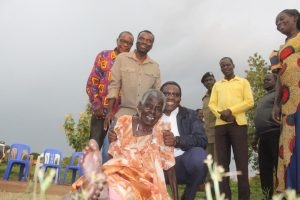
Eregu’s brother, Thom Eibu Engedu, recounts the traumatic experiences they endured. “Whenever they would come here looking for rebels, they would destroy everything—houses and animals. Everyone was running.” Eibu, who was once in the police force but developed complications that led to paralysis, painfully recounts, “I came out and started gambling with life until today.”
Eibu’s wives, Joyce Ajiko and Aisha Namutebi, and their children were arrested and imprisoned for months. Today, they live in abject poverty, struggling to make ends meet.
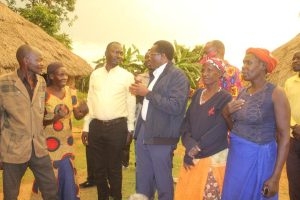
The minister’s visit, which included former Soroti City West MP contestant and philanthropist Calvin Echodu, as well as local leaders Augustine Otuko and Peter Edepu Edopu, was also marked by a commitment to improving the living conditions of Amojong Angelina Aero. Calvin Echodu, who is already working on roofing a semi-permanent house for the elderly mother, pledged continued support to the family. Dr. Omona also vowed to bring the plight of Eregu’s family to the attention of the head of state, emphasizing that the contributions made by Eregu—whether positive or negative—cannot be erased from the region’s history.
“This old mama should live to act as a link between our past bitter history and the present,” Omona stressed. “We should not shy away from our past. We need to come together to ensure she lives in a decent house. Eregu was a great person who made a contribution to this region, and we must acknowledge that.”
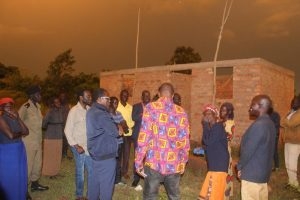
Minister Omona’s appeal to the Iteso people is a call to remember and honor the complex and often painful history that has shaped the region. He urged the community to document these histories for future generations and to recognize the sacrifices made by those who fought for their rights and freedoms.
As the family of Francis Hitler Eregu continues to struggle with the aftermath of the conflict, Minister Omona’s visit serves as a reminder of the importance of reconciliation, remembrance, and the need to support those who have been left behind by history.


